NLP Meta-programs are unconscious filters that we all have and form part of our personality. In any given situation before we decide to act in a particular way we unconsciously run our thoughts through our Meta-program filters and these filters will determine how we act.
In NLP, we have identified several of these Meta-program filters. Simply by asking someone a question, you can get an insight into their personality. This insight will allow you to fairly accurately predict what that persons behaviour will be in a given situation.
In our NLP training we show people how to use these Meta- programs in the workplace in order to motivate people, influence people and manage them more effectively.
One of the best uses for Meta-programs is to ask the questions in a recruitment interview, or they can even be asked in an informal setting outside of the interview. Given the requirements of the job that you are recruiting for, these Meta-program questions allow you to find a match in terms of someone who has current personality traits that suit the job profile.
The Relationship Meta-program Filter is an interesting one to discover, as it will assist you to know how long a person is likely to stay in a job.
How long it will be before a person will want to get up and move on? How long can you think of a person as being recruited to your organisation?
This filter will identify whether a person is interested either in things staying the same, or things being very different, or somewhere in between.
You can ask the question in two ways, “What is the relationship between what you are doing this year and what you did at this time last year?”
People who answer, “relationship? There is no relationship, it is completely different.” Are high difference.
People who answer, “It’s the same. ” Likes sameness .
There is also sameness with difference, and there is difference with exception.
What comes first in these two will give you the preference, the indication. This is important since people who are “sameness” like to do the same job for at least fifteen years. We find that they generally do not show up on NLP training courses! People who are sameness hate change. People who work in lots of detail and are on the shopfloor hate change and like sameness.
The norm is “sameness with exception” and the average time that this person likes to stay in a job is 7 years. Hence the 7 year itch. Break a mirror, 7 years of bad luck. At least half of the population have a high sameness factor and if you change things, they only like a little bit of change. A little bit is ok, but not too much.
“Sameness and Difference equally” accounts for about 10% of the population – they like to change their jobs every 3-5 years.
“Difference with exception” about 25% of the population – Like to change jobs every 18 months or so.
“High difference” people will probably not stay in a job for more than a year at a time.’ – 5% of the population.
Have a look at the three boxes below. What is the relationship between these three boxes?

If you think, “they are all boxes and that is it” – then you like sameness.
‘They are all boxes but one is on its side” – sameness with exception.
‘They are all different” – differences person.
Difference with exception – “they are all boxes, they are all the same size, thats the only sameness. ”
Learn more about Meta-programs in our NLP Training. You can train online in NLP at our NLP Online Training Centre.
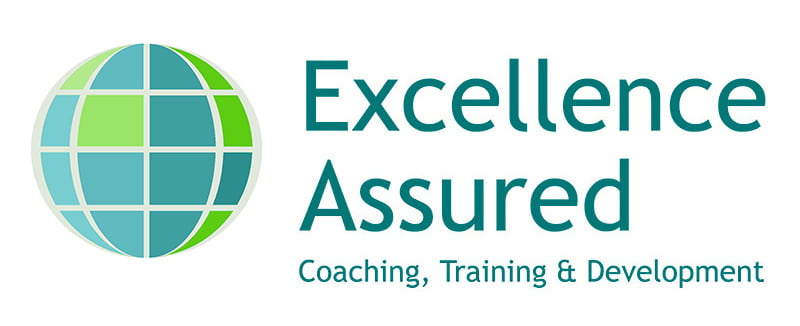
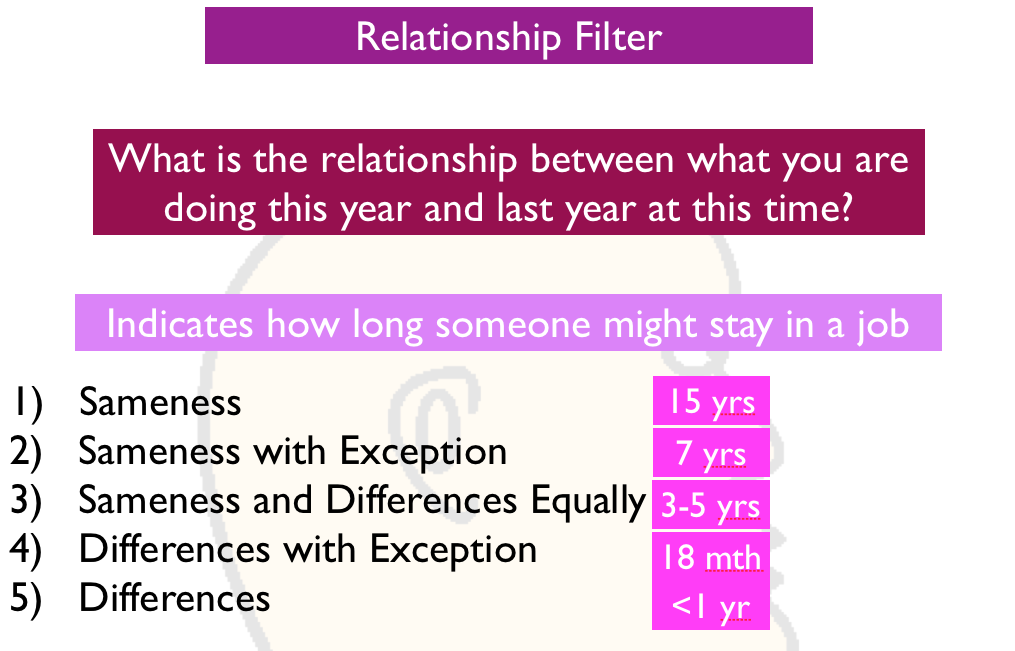
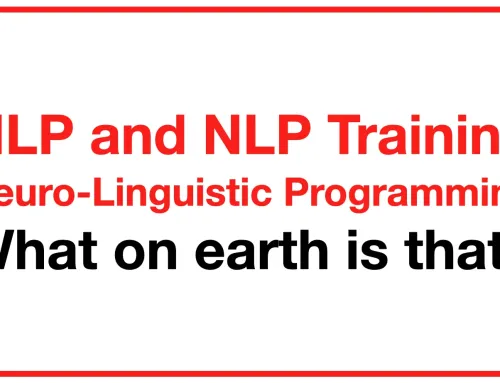
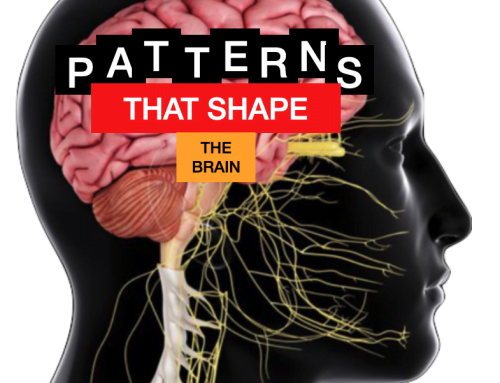
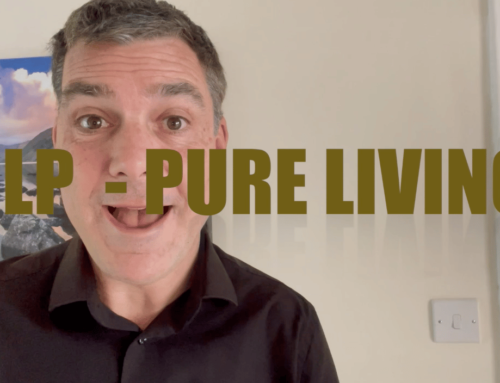
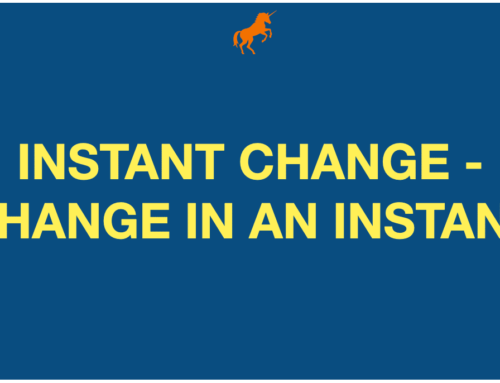
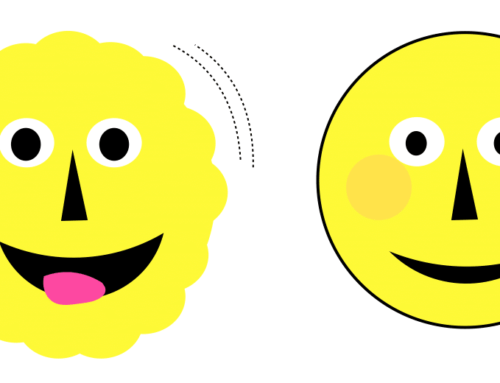
Very interesting… and very usefull. I like the way it is described, lively, simply, making it easy for anyone to understand.
You are good !!
I’ve just used your image (with a link back to this page) for my recent blog post about the relationship sort in the context of exercise and training.
It’s something I’ve not see addressed elsewhere, so I hope it’s of some use to someone!
You can find it here:
http://blog.superbootcamps.co.uk/2012/using-your-mind/motivation-strategies-do-you-need-to-change-your-workout/
Keep up the good work,
George Super Boot Camps